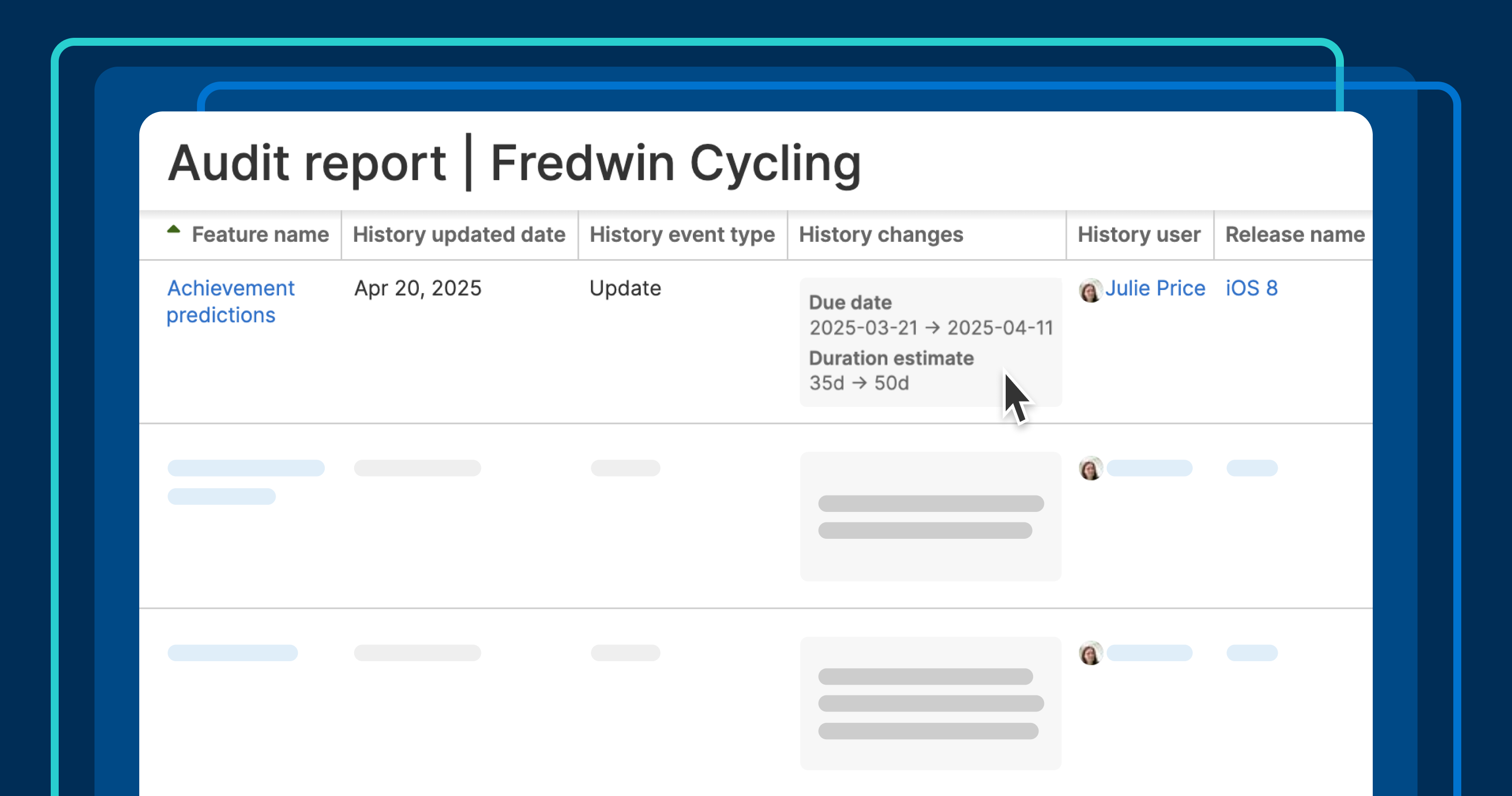how much deference do good managers want from employees?
A reader writes: I’m enjoying my current job, which is a pleasant surprise to me, considering how many awful workplaces are out there. Of course it’s not perfect, but by and large the management seems to be healthy, which is one of the biggest things I was looking for. It might seem so good in […] The post how much deference do good managers want from employees? appeared first on Ask a Manager.

A reader writes:
I’m enjoying my current job, which is a pleasant surprise to me, considering how many awful workplaces are out there. Of course it’s not perfect, but by and large the management seems to be healthy, which is one of the biggest things I was looking for. It might seem so good in comparison to my most significant prior experience with authority and leadership, which was in my family of origin and was controlling, fear-based, and abusive in various ways.
I had only recently moved out of my parents’ home when I started this job, so in addition to learning the ropes of the “official” workplace for the first time, I was also (and am still) learning the ropes of the real world and what healthy relationships are supposed to look like. It’s quite terrifying quite often, both in and out of work — but whether the management here is in fact excellent or just seems so to me because of my previous experience with authority figures, I’m very grateful for it and it’s given me some hope that not all leadership is oppressive.
With the above for context, though: sometimes I’m really unsure of how to act around coworkers, and managers specifically. My default is to act like they’re on some plane high above me and I should just keep my head down, do my work, and not speak unless spoken to. This applies to most of my relationships whether in or out of work, actually. I find it difficult to relax around most anyone, but particularly with those higher in authority or even just with more personal confidence than me — kind of a “seen and not heard” dynamic where I don’t engage unless the other person engages first, because I might be bothering them if I talk to them. (But if they engage first, then they must be interested and it’s fine to talk to them, though I’d better keep my response as short as possible so they won’t be inconvenienced.)
Or so the reasoning goes. I’m sure it comes from loads of fear and thinking I’m not worth people’s time, which are things I’m trying to work through, but maaaan, it’s a slow road. So I’m aware of it in the moment, but not sure how to snap out of it and operate as if we’re equals in worth, if not in station.
So I guess my question for you is, as a manager, how do you expect those under you to treat you? Does respect look like unquestioning obedience and deference, with no spark of personality shown or nothing about personal life shared, ever — a perfect little machine to do the work well and fulfill your expectations? I know that in the workplace, relationships are somewhat performance-based, which apparently they’re not supposed to be in family or friendships or non-work relationships. So I’m grappling with that, because I’m trying to unlearn being performance-based in relationships at large, but need to still operate in that sphere to a degree with work relationships.
Because I’ve read enough on your website to guess you’re a fair and decent human being, your answer to that as a manager will probably be, “No, of course not!” But then, what DO managers expect from personal dynamics with their employees? Not their work performance; I do understand that. The work requirements themselves are fairly objective and easy to understand. But I’m talking about any personal back-and-forth or chemistry. Does a good manager expect an employee to be somewhat afraid of them and bending-over-backward to please? Do they expect me to never open my mouth about anything other than what they need from me, or are they okay with more personal expression and connection? Would they appreciate hearing a little bit of background context for WHY I’m jumpy and closed-up like this so they can have better understanding of what’s going on as I’m working to break old patterns?
I know it’s impossible to give an answer that applies to all managers ever; even aside from the matter of healthy vs. unhealthy managers, there are just different personalities. But as much as possible, from the perspective of “basic healthy manager,” what would you say are (1) beliefs/perceptions that are just not the case in the way I’m viewing managers’ authority over me or need for respect and silence-unless-spoken-to, and (2) the kind of personal respect/deference expected by a manager? And whether they’d rather those under them remain so closed-up that they don’t know anything about them as a person, or would they rather have some personal connection and context?
Even asking questions about or asking for help with something that’s squarely in the work sphere seems scary and like I’m bothering them — even though asking questions and for help is encouraged in our workplace.
Good managers want you to treat them like normal humans, but with the recognition that:
* they might be pretty busy (which doesn’t mean they don’t have time to talk to you, but you should be thoughtful about their time and pay attention to their cues about when they need to wrap up).
* It’s their job to assess your work and tell you where you’re doing well and where there’s room to improve.
* It’s their job to make the final call on some things.
* The relationship has different boundaries than a friendship — it can be friendly but they’re not the right audience for every topic (a short conversation about your mutual love of hiking, sure; a venting session about your job, no).
There’s a ton of nuance to that, of course, and it’s more art than science, which makes it hard to break down.
Often the easiest way to learn it is to watch how more seasoned colleagues — ones who you respect — interact with their managers. In your shoes, I’d start spending a lot of time watching those dynamics; let coworkers you respect model what this can look like.
You should also pay attention to your managers’ own cues. Some managers will be very open to a lengthy conversation about aggravating neighbors or what the hell is happening on Severance. Others feel warmth and good will toward you but want to stay mostly focused on work, most of the time. With time, you can pick up on cues that will tell you where your manager falls on that spectrum.
Good managers do want to have some idea of who the people working for them are. In fact, it can be strange when someone doesn’t share anything about themselves. (Read this letter from a manager whose employee barely speaks to her.) Good managers are concerned if an employee appears to be afraid of them, because it means the person might not offer info that would helpful for them to offer, or might be too intimidated to really listen and process when getting feedback, and generally are less likely to ask questions and take initiative and try things out. Good managers want you to feel reasonably comfortable talking to them. They want you to speak up if you encounter obstacles in your work, or when you might have context that would change their perspective on something, or when you have an idea or a concern. (Within reason.)
You asked whether good managers would appreciate hearing a little context for why you’re jumpy and closed-up, and again that’s an answer that comes down to balance. You probably shouldn’t get heavily into what sounds like family trauma, but it would absolutely be okay with a lot of managers if you said, “I don’t have a lot of experience as an employee yet and didn’t learn a ton from my family about the work world, so I want to make sure I’m getting it right and not overstepping boundaries — if you have any feedback for me, I’d always be glad to hear it.” You could even add, “I’m realizing my instincts tend toward being really deferential, but I know that’s not always the most useful approach. I’d welcome any coaching you ever want to offer on how to get the balance right, since I’m still figuring it out!”
But yeah, right now, your instincts are calibrated way too far in the deferential direction. It’s not that there’s not some amount of deference built into the relationship — there is — but you’re nearing something that sounds more like obsequiousness. Think respect and good will, not servility.
Your managers aren’t better than you, and a good manager won’t think they are. They just have a different role than you have, and so the dynamics reflect that.
All that said … as I read my answer over, it’s all so theoretical! The best guidance is going to come from watching other people in action (and seeing it through the lens of knowing your challenge will be to loosen up, but without going too far in that direction).
Also, here are some columns that might help, and which taken together might help illustrate what the relationship would ideally look like:
how to talk so your boss will listen
key phrases to use when you talk to your boss
(One of the suggested phrases in this — “I’m of course glad to do it the way you asked, but I want to flag that one possible problem is X” — captures the balance I talked about above; you’re recognizing your boss’s authority but also saying, “Hey, here’s this thing I’m spotting that you might want to know about” — which I suspect is something you don’t feel comfortable doing right now.)
how to disagree with your boss
can I ask my boss for feedback about how I’m doing?
how to make your boss adore you
The post how much deference do good managers want from employees? appeared first on Ask a Manager.




















































































































































